Bishops in the Political Community of England, 1213-1272
Thirteenth-century England was a special place and time to be a bishop. Like their predecessors, these bishops were key members of the regnal community: anointers of kings, tenants-in-chief, pastors, counsellors, scholars, diplomats, the brothers and friends of kings and barons, and the protectors of the weak. But now circumstance and personality converged to produce an uncommonly dedicated episcopate-dedicated not only to its pastoral mission but also to the defence of the kingdom and the oversight of royal government. This cohort was bound by corporate solidarity and a vigorous culture, and possessed an authority to reform the king, and so influence political events, unknown by the episcopates of other kingdoms. These bishops were, then, to place themselves at the heart of the dramatic events of this era. Under King John and Henry III-throughout rebellion, civil war, and invasion from France, and the turbulent years of Minority government and Henry's early personal rule-the bishops acted as peacemakers: they supported royal power when it was threatened, for the sake of regnal peace, but also used their unique authority to reform the king when his illegal actions threatened to provoke his barons to rebellion. This changed, however, between 1258 and 1265, when around half of England's bishops set aside their loyalty to the king and joined a group of magnates, led by Simon de Montfort, in England's first revolution, appropriating royal powers in order to establish conciliar rule. Bishops in the Political Community of England, 1213-1272 examines the interaction between the bishops' actions on the ground and their culture, identity, and political thought. In so doing it reveals how the Montfortian bishops were forced to construct a new philosophy of power in the crucible of political crisis, and thus presents a new ideal-type in the study of politics and political thought: spontaneous ideology.
{{comment.content}}

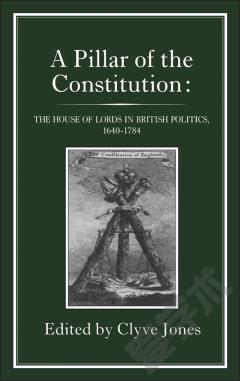
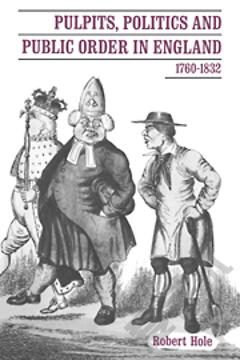
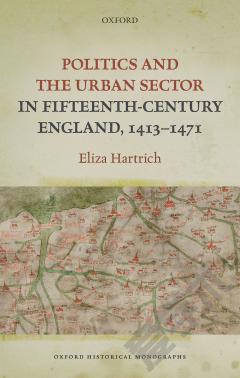
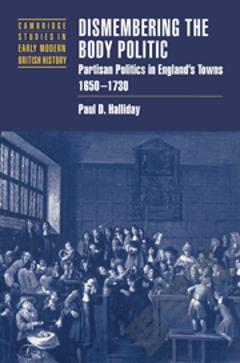
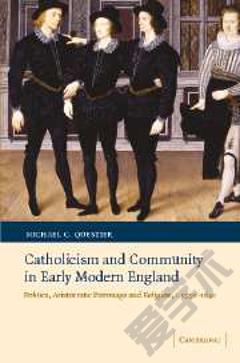


 京公网安备 11010802027623号
京公网安备 11010802027623号